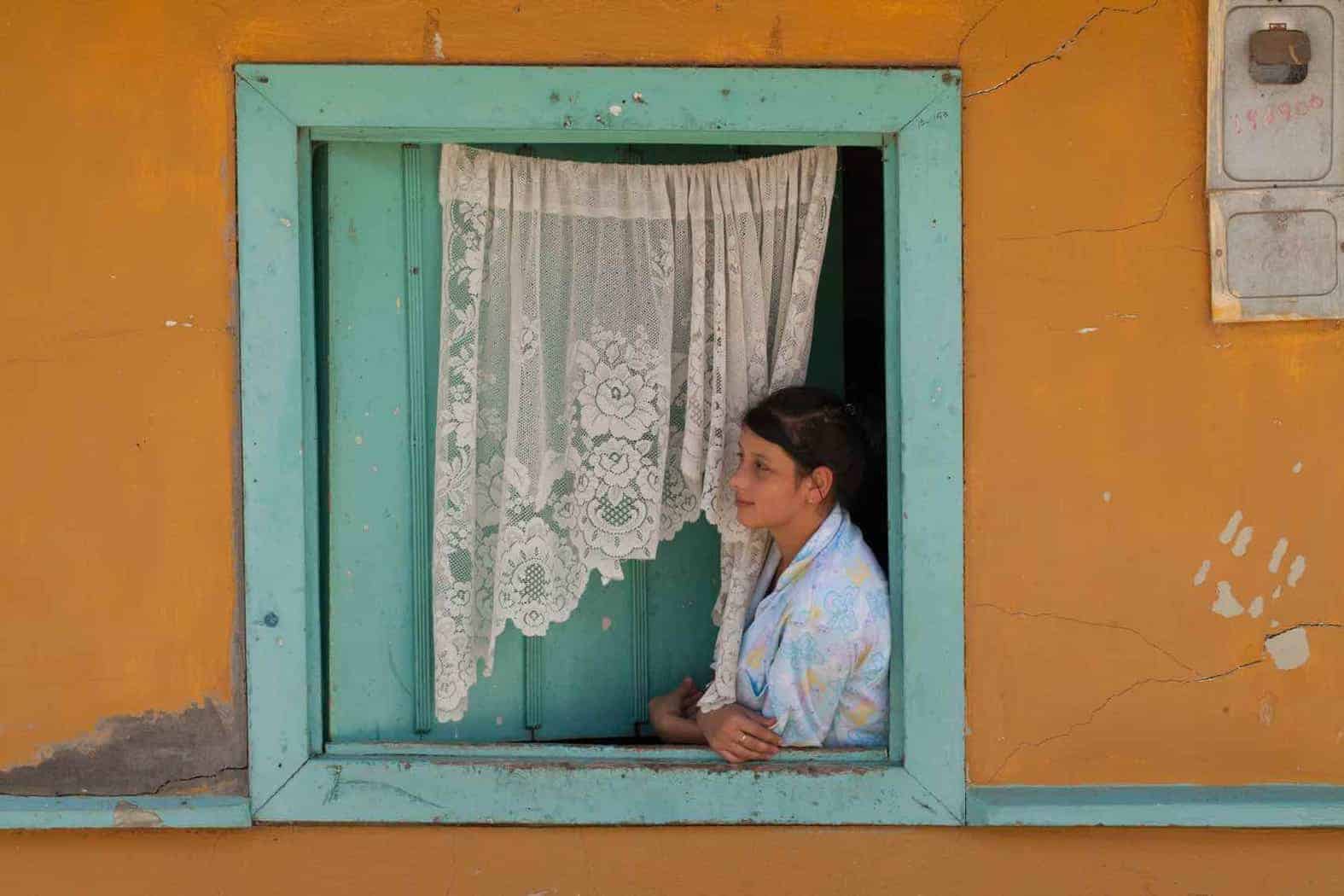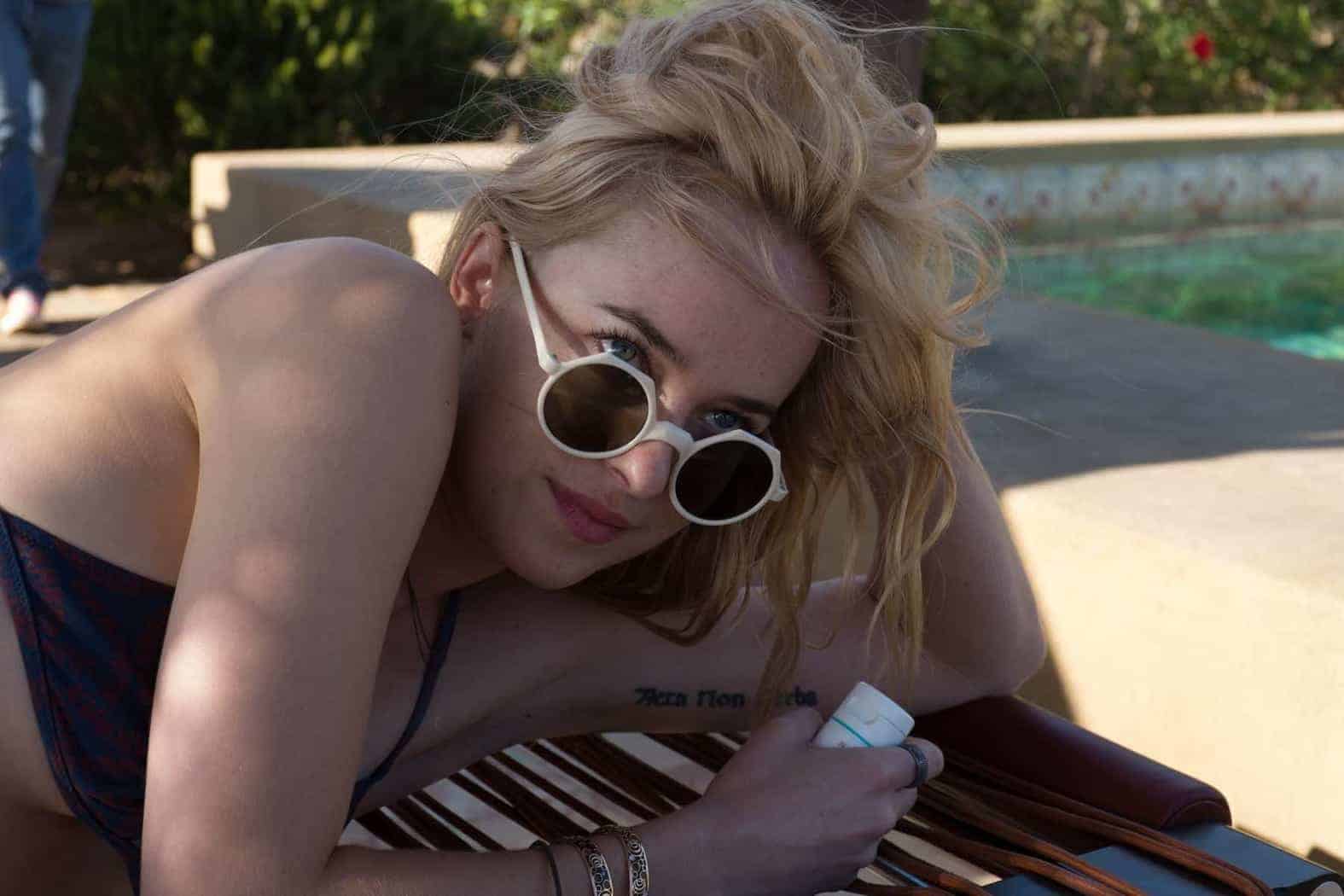Tom Hiddleston could be one of our greatest actors, but he isn’t quite — yet. “If you want to know who I am, it’s all in the work,” Hiddleston insists, quoting Alan Rickman. In fact, that might be what’s holding him back.
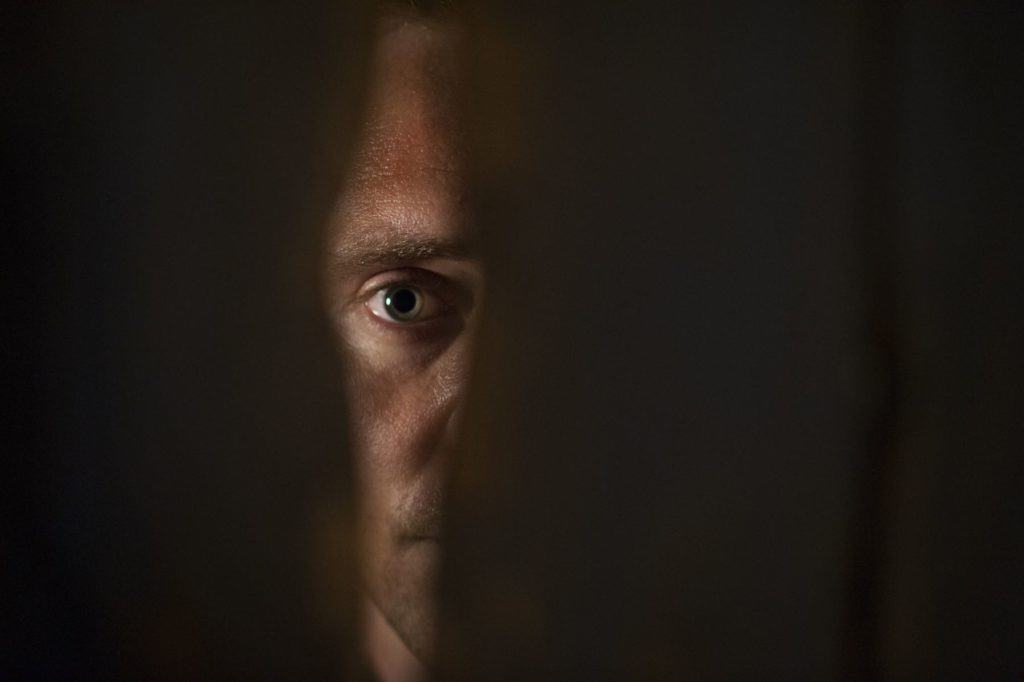
Tom Hiddleston seems to be everywhere these days. He’s at our cinemas as Hank Williams in I Saw The Light and Doctor Laing in High-Rise. He’s playing a spy on our television screens in The Night Manager. And he’s been at every recent American Society Event in enviably tailored, snug suits.
“Everyone’s attracted to you,” Elizabeth Debicki’s Night Manager character tells Hiddleston’s Jonathan Pine early on. She could just as easily be referring to the audience’s attraction to Hiddleston. The series, and Hiddleston’s performance, work as a thoughtful deconstruction of charm itself.
Jonathan Pine is a man with many faces, from self-effacing service-man to psychopathic killer, easily adapting to ensure he’s liked. But in the process of shifting between identities, who Pine really is remains something of a mystery, perhaps even to Pine.
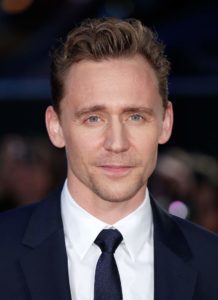
On his recent press tour of America, Hiddleston’s been on a charm offensive, giving us just enough to feel like we know him. But it’s always carefully curated. He gives interviews the way his High-Rise character Doctor Laing fucks: with his shirt on. Endless profiles have asked, “who is the real Tom Hiddleston?” And to answer that question, he seems to be repeating the same anecdotes — often, with a well-placed Shakespearean quote. His most revealing interviews tend to be the most high-brow, where he’s asked intelligent enough questions that pat answers won’t do. His publicists can’t plan for or control these the way they can his Twitter Feed.
Hiddleston’s public persona hasn’t always been so meticulously constructed. He was once just a lauded, working theatre actor, who beat himself out for an Olivier Award. But in the age of the Hiddlestoners and Cumberbitches, the internet is watching him like a hawk, catting gifs of his every smile. It’s only natural, but regrettable, that his image has become something to be managed.
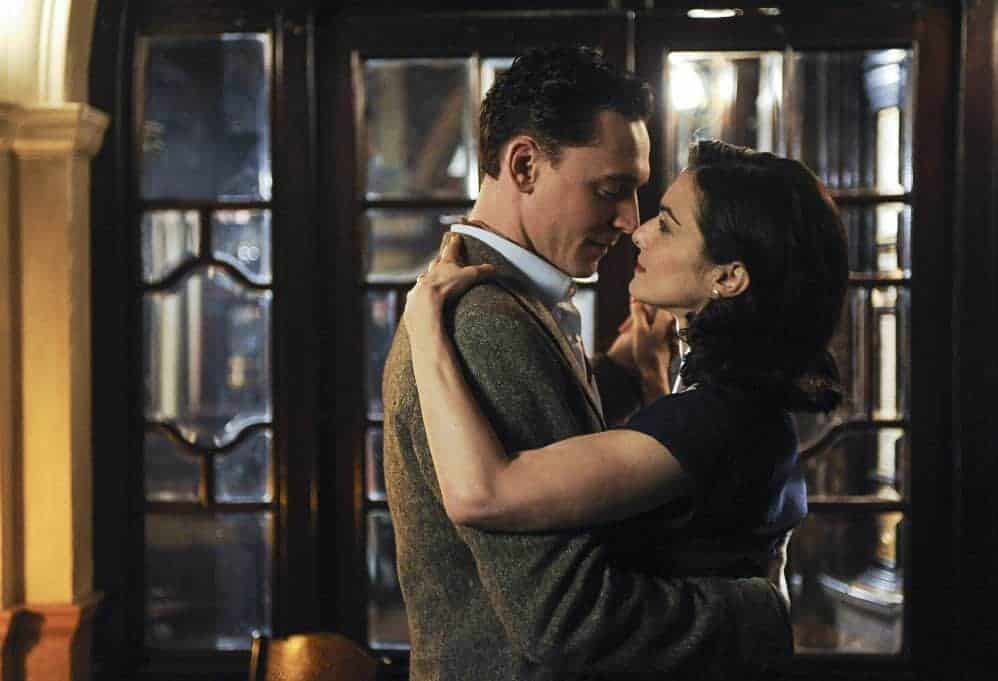
In Terence Davies’ words, Hiddleston has that old-fashioned look and demeanour of a “matinee idol.” It’s why he’s perfect as Freddie in Davies’ The Deep Blue Sea. You believe Hester could fall deliriously in love with him. It’s a face, that in one of Freddie’s most juvenile and unlikable moments, bug-eyed and screaming “Oh my god!”, launched a thousand gifs — albeit, mostly made by Hiddlestoners who probably hadn’t seen the film. And it’s why dressing Hiddleston in a dapper green tuxedo as he walked gracefully and sophisticatedly through an opera house in The Avengers — before delivering a preposterous long speech with the precision of a Shakespearean actor — made him an instant heartthrob.
The Marvel Machine shot Hiddleston into somewhat unexpected and perhaps unwanted overnight stardom. An impromptu visit to D.C.’s E Street Cinema in March found him dressed in black and wearing glasses, suggesting he might prefer to fade into the background. He relies on his self-effacing “gee-gosh, I had no idea I’m so attractive” schtick when asked, for example, what it’s like to have his tuchus trending on Twitter. But it’s also charm masked as humility, suggesting a man courting likability.
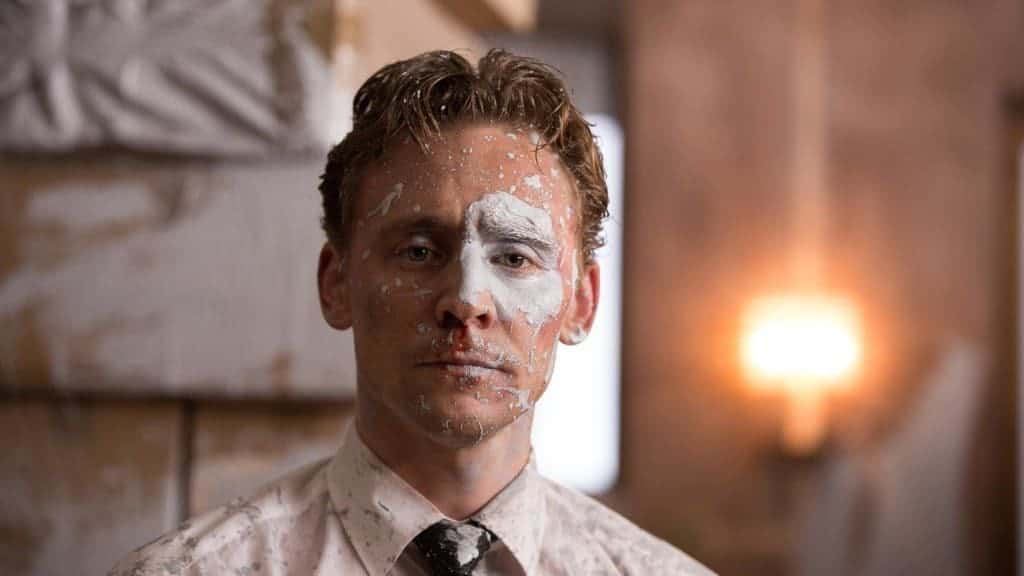
Now that he’s headlining low budget films, it’s his job to leverage his Marvel fame to sell these movies that can’t sell themselves. He’s never been more deliberately visible. When the Met Gala snaps leaked of his dance-off with Taylor Swift, my friend Joanna Di Mattia’s wry response was, “Couldn’t he have picked someone less famous?”
“If you want to know who I am, it’s all in the work,” Hiddleston insists, quoting Alan Rickman. And to a degree, I think that’s true. We know enough about Hiddleston the man to see how each of his roles have showed some part of his personality, sometimes taken to an extreme. But we don’t know where one begins and the other ends.
There’s often a limit to how much Hiddleston is willing to lean into his characters’ grossness. As Captain Nicholls in War Horse, the man responsible for prying away the titular horse from the boy who loves him most, he fights hard to not be cast as a villain. Though his speech is quick, terse, and aristocratic, cutting off the boy dismissively, he needs the boy to know that he feels for him. So Hiddleston slows down his speech so that Nicholls can offer his compassion.
Especially when playing an out-and-out villain or a problematic romantic hero, Hiddleston’s first instinct is to open the tear ducts. It’s both an admirable fuck-off to conventional masculinity and a bit of a crutch. In The Deep Blue Sea, he unleashes something ferocious and callow as an overwhelmed, puerile lover. But when Freddie finally decides to leave Hester, he gives her a misty-eyed, almost forced smile. We can see the regret all over his face: he’ll miss her, but he knows he can’t give her what she needs. He’s being cruel to be kind. And it’s Hiddleston’s misty eyes as Loki, responding to his brother Thor’s taunts, that gets us on his side quickly.
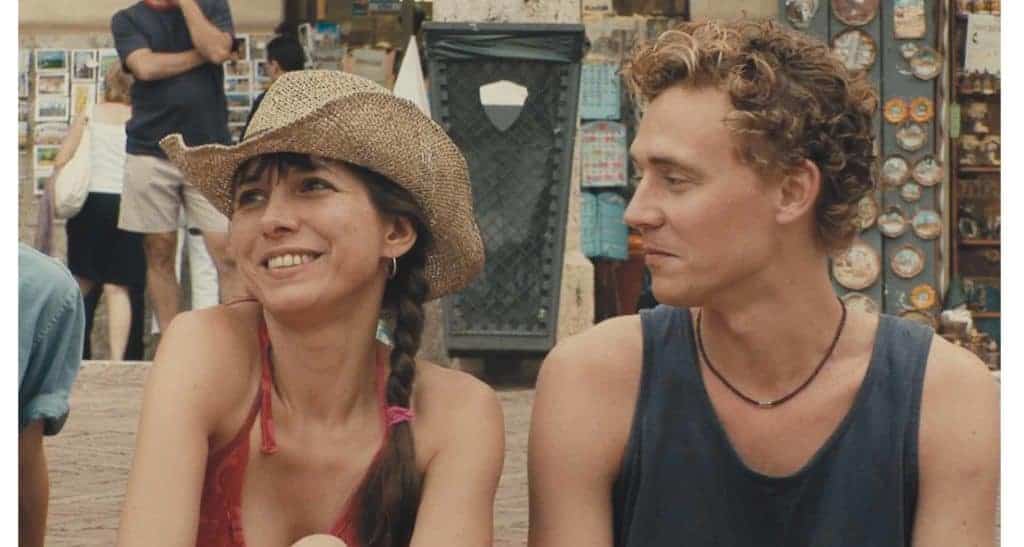
Going straight for the tears is also of a piece with one of the most prevalent tensions in all of his work – the man that’s still a boy, and the boy that wants desperately to be a man. This tension is especially visible in his earliest films with director Joanna Hogg. In Unrelated, he played Oakley, a sexual tease desperate to be seen as more of a grown up than he actually is. He courts the attention of an older, sophisticated woman just to prove he can. In one scene, he uses his considerable height to conveniently and repeatedly reach around the object of his affection for various breakfast items, silently invading her personal space. But when his provocations succeed, he gets flustered and mean. It’s a bit like what Hiddleston has become — now that we like him, he almost wishes we didn’t.
Back in February, when The Night Manager was airing in the U.K., I was excited for the world to finally see what I’d been seeing in Hiddleston since The Hollow Crown: he’s much, much more than Loki and a pretty face. But overexposure has left me with fatigue. He can only be asked to be liked so many times before the mere asking is itself frustrating. And that’s essentially his Edward in Hogg’s second film Archipelago: a man whose consistent efforts to charm elicit the opposite effect. On a tense vacation with his upper-middle-class mother and sister, Edward spends the entire time flirting with their maid, inviting her to family dinners — an attempt at kindness that only makes everyone uncomfortable.
Given Hiddleston’s complicated relationship to life in the public eye — courting attention and then shaking it off — it’s perhaps fitting that his best work is his most under-seen. His Prince Hal in the “Henry IV” episodes of The Hollow Crown remains his great tour de force. Hal is, in Richard Eyre’s words, “such a little shit”, but he’s also wonderfully charismatic, cheerfully mischievous, politically conscious, and a great observer of others. And I suspect Hiddleston is so great here because Hal, in his many contradictions, is closest to Hiddleston’s true self.
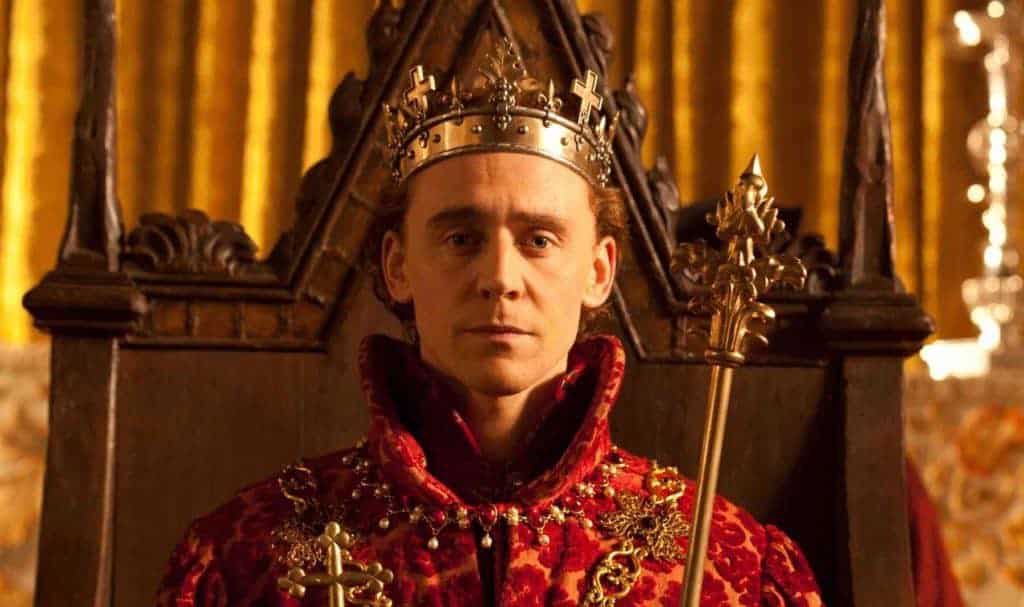
The roles Hiddleston has chosen have invited comparisons to some of our greatest working actors: he played Henry V on screen 30 years after Branagh made it his own and Coriolanus on stage just a few years after Ralph Fiennes brought it brilliantly to the screen. In both cases, Hiddleston offered a radical reinterpretation of the characters, finding the lonely, uncertain leader in Harry and the more balanced, childish warrior in Coriolanus. Both opened up the plays for me. But his performances were just as often working directly against the texts, in an effort to make these often cold-blooded characters more easily relatable, more like Hiddleston himself. His Shakespeare work, especially, shows us he could be one of our greatest actors, but it also reveals why he isn’t quite — yet.
Great actors up the game of other actors, yet Hiddleston seems to regularly steal the show from them. When Jeremy Irons, as the titular king in “Henry IV Part 1”, berates Hal for his wildness and willful disobedience, Hiddleston stands stock still, silently listening in fear, deference, and hurt. It’s ostensibly Irons’ scene — he has all the dialogue and even smacks Hiddleston across the cheek — but Hiddleston’s quiet wounded reaction that’s most magnetic. He’s even starred opposite one of the Shakespeare heavyweights, Simon Russell Beale, as both romantic rival and surrogate son, and holds his own. That Hiddleston has not just survived but prospered in this exceptional company is a tribute to his natural ability as an actor.
In the early stage of his career, Hiddleston worked with great directors — Jim Jarmusch, Terence Davies, Woody Allen, Steven Spielberg — in ensemble casts. It’s in these parts, with directors who can push him most, where he is best. Now that Hiddleston’s star has risen, and he’s keen to show his range, it’s getting trickier. Mark Abraham, the director of I Saw The Light could barely pull together a coherent vision for the film let alone guide Hiddleston into a great performance, even though his performance is the film’s only saving grace. In High-Rise, Ben Wheatley seemed entirely uninterested in what any of his actors did. The film died every time someone spoke, wasting Hiddleston whose physical embodiment of Laing showed a deep understanding of Ballard’s book. Effectively, he’s gotten no help from his recent film collaborators, and his work has suffered.
Hiddleston’s desire to see what’s out there and make a name for himself in Hollywood means he’s wasting his time on big-budget franchise films like King Kong: Skull Island. Though there’s almost no information about the film, there is a video from the set, in which Hiddleston, dressed in a form-fitting tee that shows off his sacrifice at the altar of carbs, carefully recites how much fun it’s been working on the set. Right now, Hiddleston is good at repeating the script — in his films and in his public appearances. The question is whether he’ll find collaborators who can push him off-script, out of his comfort zone, and reveal sides of him he’s been unwilling to explore. Or will he stay in the niche he’s carefully carved out, where he’s safe and good — the enemy of great.
Listen to us discuss Tom Hiddleston’s Coriolanus and Henry V on the 21st Folio podcast here.
